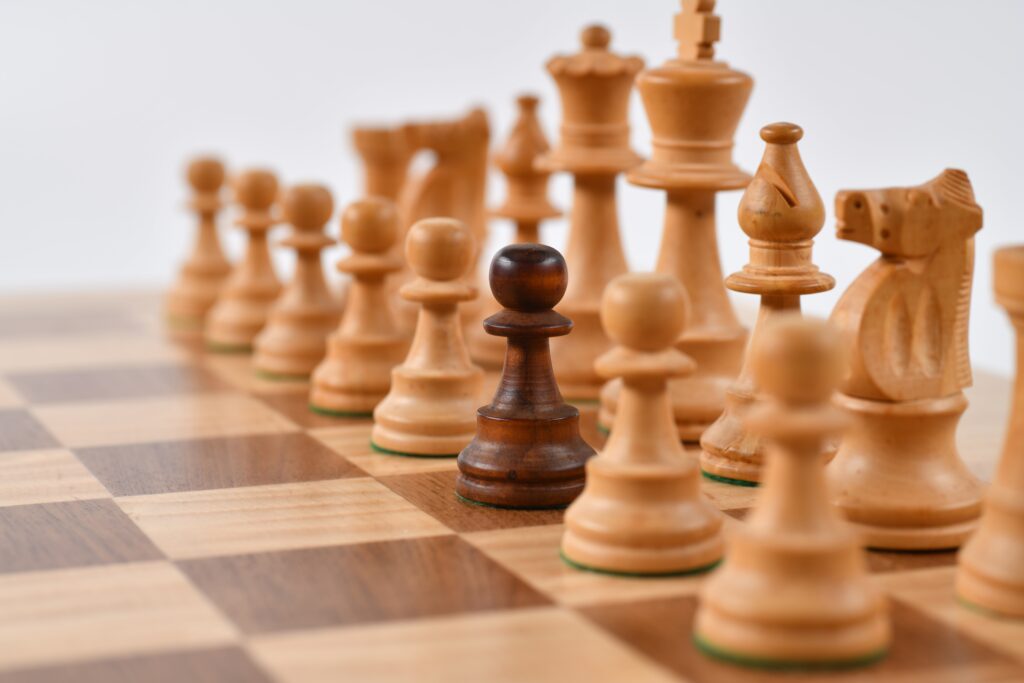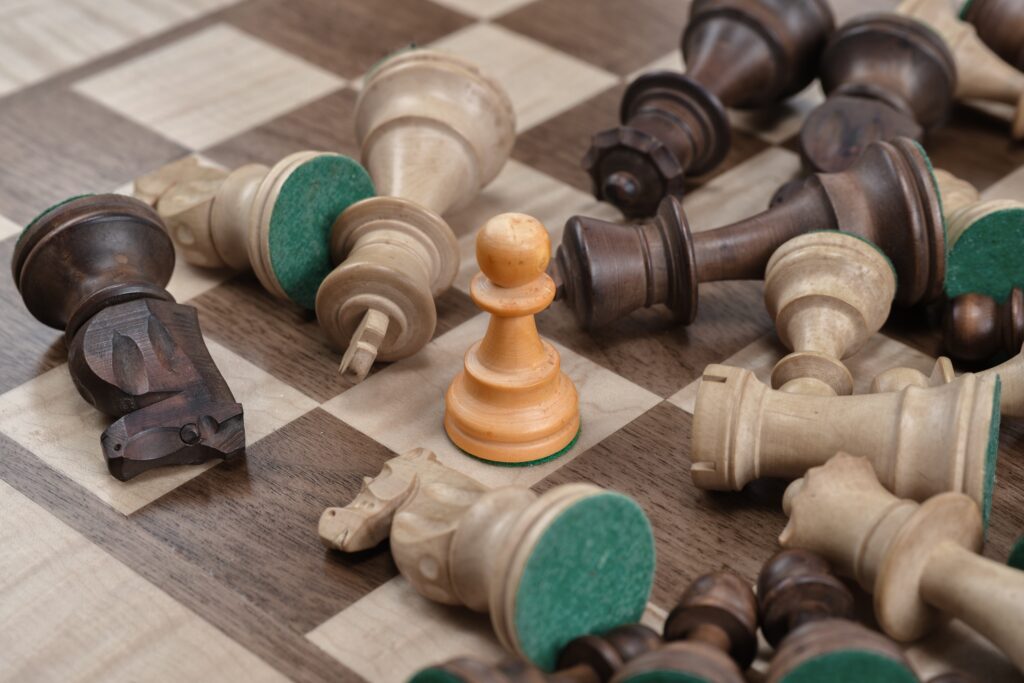Chess
Who invented the game of chess?
Chess was invented in India around the 8th century. Then it was known as chaturanga, and changed over the centuries by the Arabs, Persians and then ultimately the medieval Europeans, who changed the pieces’ names and appearances to resemble the English tradition.
There are many activities, like sports, that benefit both the body and the mind, and that includes chess.

BENEFITS Of Chess:
- Improves cognitive skills (including concentration, pattern recognition, decision making, algebraic and geometric thinking, problem-solving, spatial reasoning, and critical thinking)
- Encourages understanding of choice and consequences for problem- solving…helps students realize that they are responsible for their actions and must accept the consequences of those actions
- Creates a learning environment organized around games, which is one of the most motivational tools in a teacher’s repertoire to encourage problem-solving and spend time quietly immersed in logical thinking
- Playing chess involves using the left side of the brain for tasks such as object recognition. At the same time, the right side of the brain also gets involved to help you recognize patterns. Both of these skills are needed to play a game of chess. Since chess involves many rules, techniques, and visual recognition, over time the game will help to stimulate both sides of your brain.
- Offers a logical pattern and critical-thinking system
- Provides competition, fostering interest and promoting mental alertness
- Offers a variety of quality analytical problems from which to choose
- Improves self-confidence and self-worth
- Increases attention span
- Increases memory capacity
Chess is Fun and Entertaining
Besides all the benefits to brain performance and the physical body, chess is also fun and entertaining to play. Many people may play chess for its therapeutic abilities, while some simply play it for fun. Chess allows you to spend time with family and friends, and is a much more stimulating activity than sitting in front of the TV and not communicating with each other.

